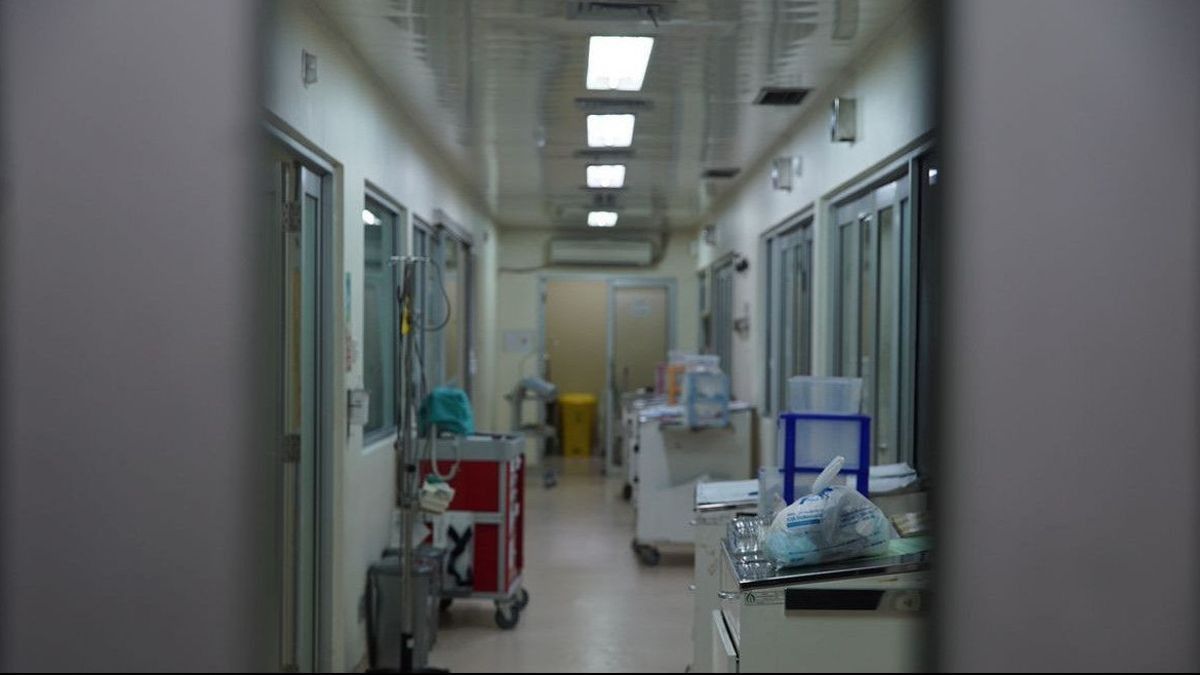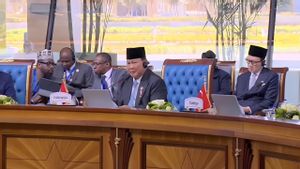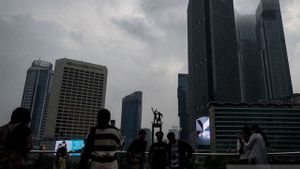JAKARTA - The DKI Jakarta Health Office recorded 1,729 cases of dengue hemorrhagic fever (DHF) in Jakarta as of March 18. The largest distribution of cases was in West Jakarta with 562 cases.
Meanwhile, dengue cases in Central Jakarta 115 cases, East Jakarta 395 cases, South Jakarta 450 cases, North Jakarta 194 cases, and the Thousand Islands 13 cases.
Head of the DKI Jakarta Health Office, Ani Ruspitawati, predicts that the number of dengue cases in Jakarta will continue to increase for the next two months.
"It is still in accordance with our predictions, it is still increasing. We estimate it will be until May, if you look at the climate. But after that when the climate begins to change, we hope it will also go down," Ani said when contacted, Friday, March 22.
DHF cases in Jakarta continue to show an upward trend. As of February 19, 2024, there were 627 cases of dengue fever. Last month, the ratio index (IR) or the incidence rate of dengue cases was 5.57/100,000 residents. Meanwhile, in early January, the case incidence rate was still around 1 to 2.2/100,000 residents.
"We continue to monitor the development of dengue cases in every Jakarta area. So far, there have been no deaths recorded in this case," said Ani.
Ani asked the public to be aware of dengue symptoms. Among them are marked by a 27-day fever accompanied by manifestations of bleeding, decreased platelets (trombocytopenia), the presence of hemaksentration marked by plasma leakage (increased hematothetics, athetics, efusion of pleura, hypoalbuminemia).
There are also several other symptoms of dengue, such as headaches, muscle and bone aches, skin rashes or back pain of the eyepiece.
Not all who are infected with the dengue virus will show manifestations of severe dengue fever. There are only mild fever that will recover by itself or even some without symptoms of illness (asymptomatic). Some are suffering from dengue fever which does not cause plasma leakage and causes death," said Ani.
Ani added that the humidity is high and the increasing rainfall has the potential to increase the DHF infection vector, namely the Aedes aegypti mosquito. Thus, it is necessary to make massive efforts to control the DHF vector by involving the participation of all aspects of society in seven arrangements, namely settlements, offices, educational institutions, public places, places for food management, health care facilities, and sports facilities.
"We urge residents to be vigilant and apply PSN (to eradicate mosquito nests) 3M (to drain, close, recycle) Plus or other activities that prevent breeding and bite of aedes aegypti mosquitoes," explained Ani.
The English, Chinese, Japanese, Arabic, and French versions are automatically generated by the AI. So there may still be inaccuracies in translating, please always see Indonesian as our main language. (system supported by DigitalSiber.id)











